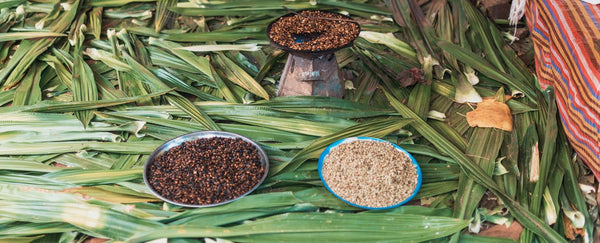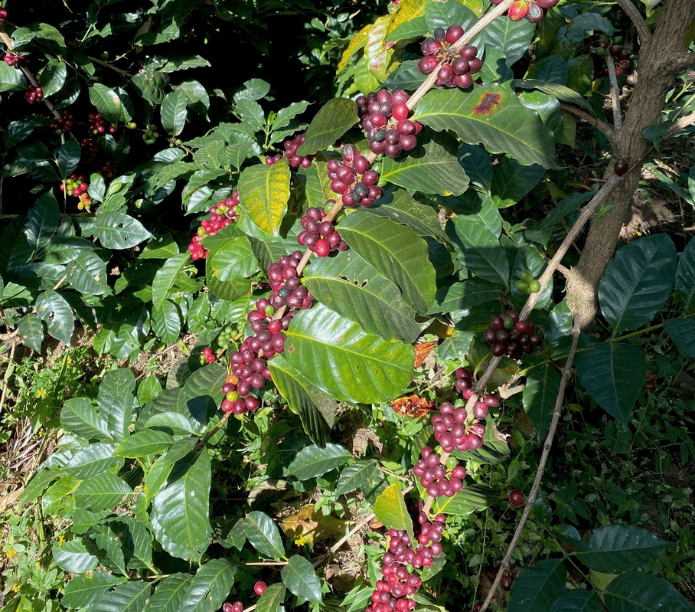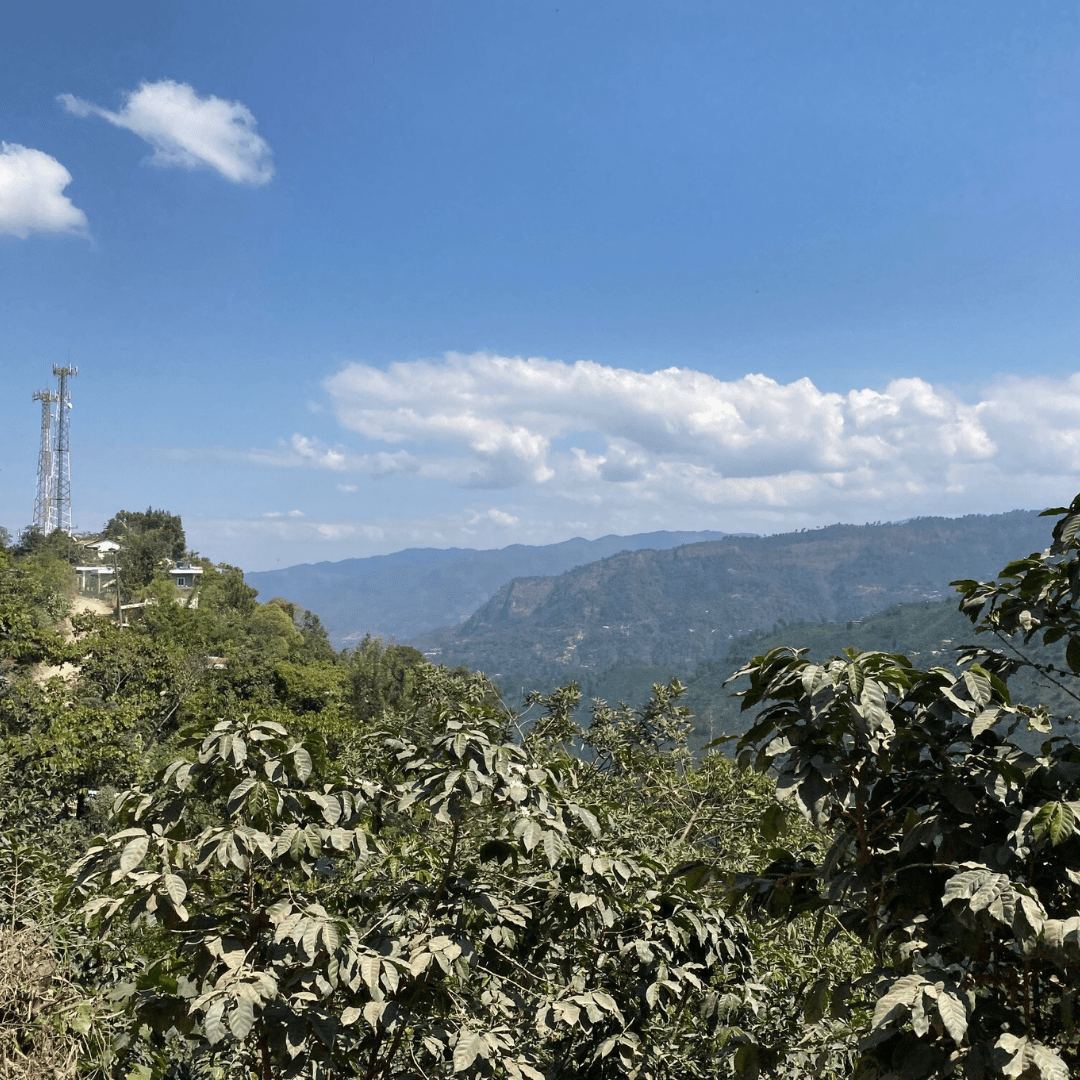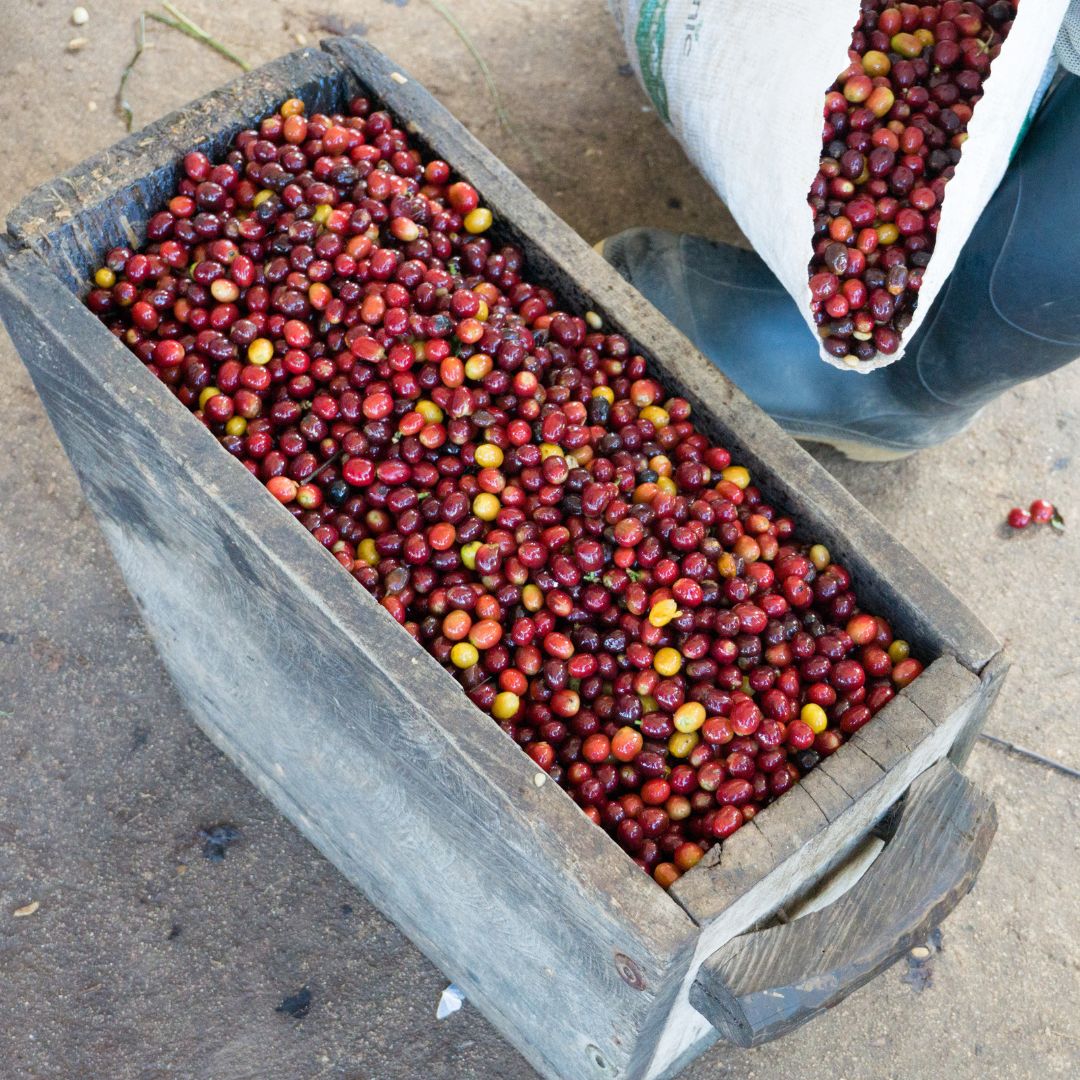The Fascinating History and Culture of Ethiopian Coffee
Ethiopia is widely recognized as the birthplace of coffee, and the country has a rich and storied history and culture surrounding the beloved beverage. From the unique bean varietals and flavor characteristics to the diverse coffee processing methods, Ethiopian coffee is truly one-of-a-kind.
The History of Coffee in Ethiopia

According to legend, coffee was first discovered in Ethiopia over 1,000 years ago by a goatherd named Kaldi. Kaldi noticed that his goats became more energetic and playful after eating the bright red berries of a particular tree. Intrigued, Kaldi tried the berries himself and experienced a similar boost in energy.
The story of Kaldi and his energetic goats quickly spread, and the use of coffee began to spread throughout the region. By the 15th century, coffee was being grown and exported from Ethiopia to Yemen, and from there it spread to the rest of the world. Today, Ethiopia is still home to some of the oldest and most revered coffee trees in the world.
Coffee plays a central role in Ethiopian culture, and the traditional coffee ceremony is an important part of daily life. The ceremony involves roasting, grinding, and brewing the coffee in a specially-designed pot called a jebena, and is typically accompanied by the serving of popcorn and a type of bread called injera. The coffee ceremony is often seen as a way to bring people together and promote socialization and community.
Bean Varietals and Flavor Characteristics

Ethiopia is known for its diverse array of coffee bean varietals, including the famous heirloom varieties that have been cultivated for centuries. These heirloom varietals are often prized for their unique flavor profiles, which are often described as complex and nuanced with notes of fruit, flowers, and spices.
Ethiopian coffee is typically classified by the region in which it is grown, as each region has its own unique microclimate and soil conditions that influence the flavor of the coffee. Some of the most famous regions for Ethiopian coffee include Yirgacheffe, Sidamo, and Harar.
Yirgacheffe is known for its light, floral flavors with notes of citrus and stone fruit, while Sidamo is known for its full-bodied, sweet flavors with notes of chocolate and berries. Harar is known for its bold, earthy flavors with hints of spice and fruit.
In addition to the famous heirloom varieties, Ethiopia also produces a number of modern coffee varietals such as Bourbon, Typica, and Caturra. These varietals are often grown at lower elevations and tend to have a more straightforward, classic coffee flavor profile.
How Elevation Affects Coffee Flavor

Coffee plants are sensitive to their environment, and the altitude at which they are grown can have a significant impact on their flavor. In Ethiopia, coffee is grown at a wide range of elevations, from sea level to over 2,000 meters above sea level.
Coffee plants grown at higher elevations tend to have slower maturation rates, which can result in a more complex and nuanced flavor. In addition, the cooler temperatures at higher elevations can result in a slower and more gradual development of the coffee cherries, which can also contribute to the flavor of the coffee.
Coffee grown at lower elevations tends to have a more straightforward, classic coffee flavor profile, with less complex and nuanced flavors. This is due to the faster maturation rates and warmer temperatures at lower elevations, which can result in a more rapid development of the coffee cherries.
Common Coffee Processing Methods in Ethiopia

Ethiopia is known for its diverse array of coffee processing methods, which can vary widely depending on the region and the preferences of the coffee producer. Some of the most common processing methods in Ethiopia include the wet process, dry process, and natural process.
The wet process involves removing the outer layers of the coffee cherry using water, and is typically used for coffees with a more delicate flavor profile. The dry process involves leaving the coffee cherries to dry in the sun before removing the outer layers, and is typically used for coffees with a bolder, more robust flavor. The natural process involves leaving the coffee cherries to dry with the outer layers still intact, and is often used for coffees with a fruity, wine-like flavor.
Ethiopia is also home to a unique coffee processing method known as the "honey process," which involves leaving a layer of mucilage (a sticky substance found on the outer layers of the coffee cherry) on the beans as they dry. This results in a coffee with a smooth, sweet flavor and a velvety mouthfeel.
In addition to the wet, dry, and natural processes, Ethiopia also practices a number of traditional processing methods that have been passed down for generations. These traditional methods often involve more labor-intensive techniques and can result in unique and highly sought-after flavors.
Conclusion
Ethiopian coffee is truly one-of-a-kind, with a rich history and culture that is deeply intertwined with the daily lives of its people. From the unique bean varietals and flavor characteristics to the diverse coffee processing methods, Ethiopian coffee is a truly special and memorable experience. Whether you're a coffee connoisseur or just love a good cup of joe, Ethiopian coffee is a must-try for any coffee lover.
If you're looking to try Ethiopian coffee for the first time, be sure to look for beans that are labelled with the region in which they were grown. This can help you get a sense of the flavor profile you can expect from the coffee.
No matter which type of Ethiopian coffee you choose, be sure to brew it using the appropriate method for the best flavor. Ethiopian coffee is often best brewed using a pour-over method, which allows for maximum control over the brewing process and results in a clean, balanced flavor.
So the next time you're looking to try something new, consider giving Ethiopian coffee a try. With its rich history, unique flavors, and diverse processing methods, it's sure to be a truly memorable and enjoyable experience.
If you're looking for some wonderful examples of Ethiopian coffees, check to see what Creature Coffee has available as they are often roasting some of the finest examples available in the US.













